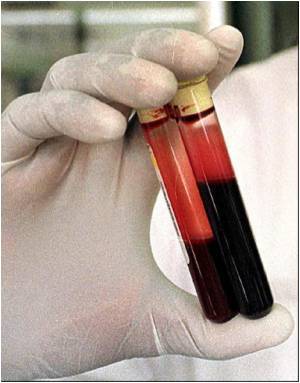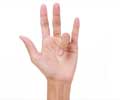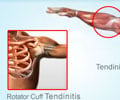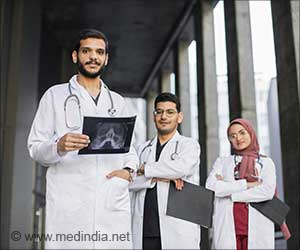The technique of treating tendon injuries in athletes by injecting them with their own blood, also quickening their recovery time has been perfected by a doctor in Melbourne.

The plasma contains growth factors that speed up the natural healing process by encouraging cells to migrate into the injured area to lay down collagen fibres and repair the tendon.
Now Connell is taking skin biopsies from athletes from which technicians can isolate collagen-producing cells and multiply them in a laboratory, before he injects them back into the injured tendon. The injected cells hasten the recovery process even further, achieving within weeks what Dr Connell said was "like a new tendon".
"Our idea was let's put 20 million cells into a site of tendon injury and then they themselves will lay down the collagen and repair the injury. It's a much faster way of doing it," the Age quoted Connell as saying.
Connell, who opened a sports medicine clinic at AAMI stadium in September, is already treating AFL and A-League soccer players with the plasma injections, and expects to be able to offer the cell treatments next year, after obtaining regulatory approval.
The treatment costs 5000 dollars but they could be a lifeline for athletes with potentially career-ending tendon and muscle injuries.onnell said the new method has bigger advantages over current treatments.
Advertisement
"We know we can grow muscle cells as well as tendon cells, so that will be the next area of research."
Advertisement













